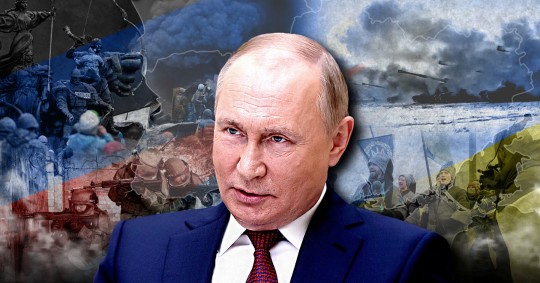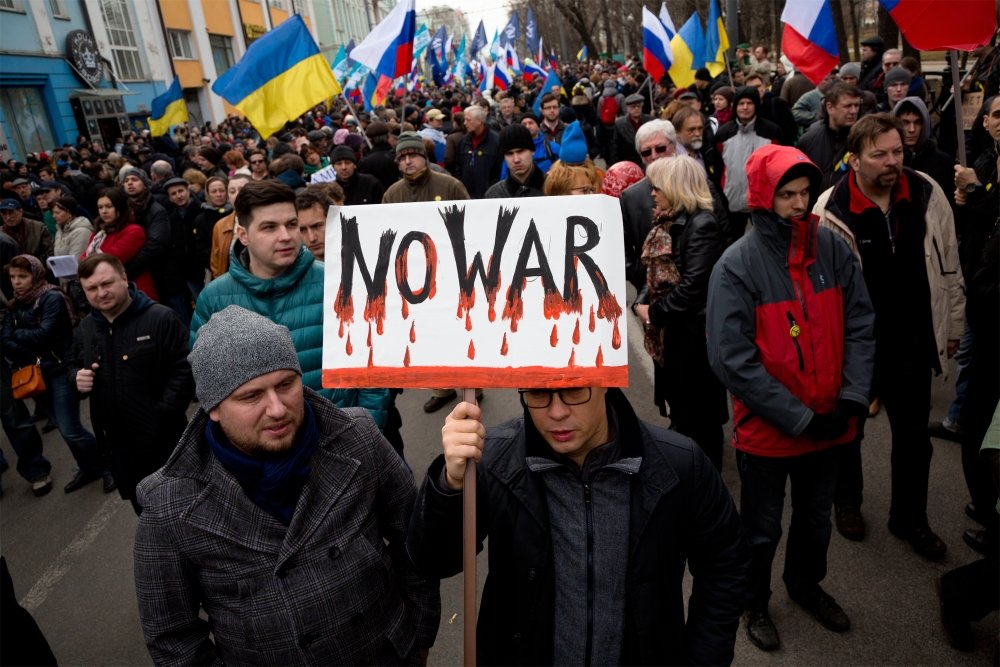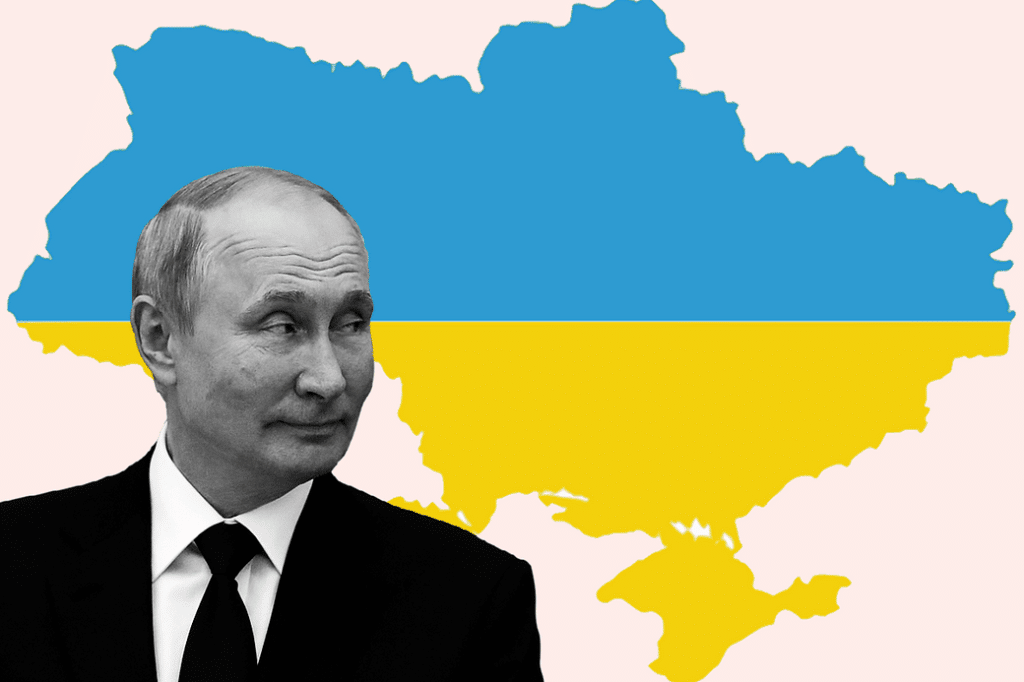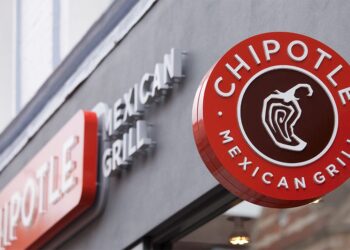After days of growing tensions, Russia said on Thursday that it is launching military action in Ukraine. Following the invasion, which many are dubbing World War III, reports and images of Ukrainians attempting to evacuate the capital city of Kyiv and the Russian army marching in emerged.
Ukraine has described the conflict as a “war of aggression,” and has stated that it will fight and win. The United States has stated that the world would hold Russia responsible for its attack, warning that it will result in a devastating loss of life. This attack, according to President Joe Biden, was “unprovoked and unjustifiable.”
The US, the European Union, the United Kingdom, Australia, and Japan levied and/or announced sanctions on Russia and the Russian-backed separatist areas of Ukraine known as the Donetsk People’s Republic (“DNR”) and the Luhansk People’s Republic (“LNR”) on February 21 and 22, 2022.
The US took the initial move by imposing broad jurisdiction-based sanctions on the two territories, similar to the restrictions already in place against Ukraine’s Crimea region, and then followed up with more measures aimed at Russia’s banking sector.
Non-NATO countries committed harsh measures in close coordination with NATO members, including targeted designations by the United Kingdom and a sanctions package by the European Union. These are just a few of the measures we expect the US and its allies will employ in the next days and weeks as Russia continues to ratchet up military tensions in the region.

What is a Sanction?
A sanction is a penalty imposed by one government on another, usually to deter aggressive behavior or violations of international law. Sanctions are frequently imposed to harm a country’s economy or the personal wealth of individuals, such as powerful politicians. Travel bans and arms embargoes are examples. They are among the most severe options available to countries, short of going to war.
What kind of Sanctions has been announced?
The sanctions impacted a variety of targets, including financial organizations, Russia’s ability to issue sovereign debt on international markets, and a number of individuals. Germany has also postponed certification of the Nord Stream 2 pipeline, a controversial Baltic Sea gas pipeline that connects mainland Russia and Germany but is still not operating.
The Russian financial companies VEB and Promsvyazbank will be targeted, according to US President Joe Biden. Rossiya, IS Bank, GenBank, Promsvyazbank, and the Black Sea Bank have all been struck by the UK.
Cutting Russia off from SWIFT is one of the toughest measures the US and its allies have reserved. SWIFT, or the Society for Worldwide Interbank Financial Telecommunications, is a Belgian financial service that connects over 11,000 financial institutions worldwide. It enables banks and financial organizations to notify one another of impending transactions.
Even while it has been in conversations with its European allies, the US could decide unilaterally to cut. If Russian banks are sanctioned, SWIFT will be in violation if it allows them to utilize its system.
However, because many countries, including Russia, have built their own financial messaging networks, it is unclear whether cutting Russia off from the SWIFT system would have the same impact as in the past.
Furthermore, the United States warned Russia that it will face the most severe penalties. The US imposed the first batch of penalties on Tuesday, targeting individuals of Putin’s inner circle as well as two banks it believes crucial to the Kremlin’s and Russian military’s operations. The United States has barred new American investments in the breakaway areas of Donetsk and Luhansk, prohibiting the importation, exportation, sale, or supply of products, services, or technology.
The European Union has placed Russian lawmakers and officials on the backlist, banning trade, import, and export with separatist entities. On the blacklist are politicians who were active in the recognition of the separatist territories. The sanctions are intended to “target the Russian state and government’s capacity to access the EU’s capital and financial markets and services, as well as to limit the financing of escalatory and aggressive activities,” according to the union. A free trade agreement might potentially exclude Donetsk and Luhansk.
The United Kingdom has imposed sanctions on five Russian banks and three high-net-worth individuals who are Putin allies, while Germany has put the Nord Stream 2 natural gas pipeline, which runs directly from Russia to Europe, on hold. Australia, Canada, and Japan have all stated that sanctions will be imposed.
In separate reporting, the New York Times said that China is Russia’s greatest trading partner. These penalties may force Russia to forge tighter economic connections with the Asian behemoth. The two countries recently negotiated a 30-year gas supply arrangement with China. Russia is expected to shift all of its energy and commodities exports to China, according to experts.
Experts fear that Russia might weaken the impact of sanctions by using digital currencies or cryptocurrencies to bypass checkpoints, according to the news site. Furthermore, the Russian government is developing its own digital currency, the digital ruble, which will be issued by the central bank. China, the country’s main trading partner, already has its own digital currency issued by the central bank.

Effects of these Sanctions
The globe is currently watching the price of some metals and wheat rise, as well as a supply-chain chokehold. Despite the fact that Russia is a massive country with a population of 146 million people, its economy plays a little role in the global economy. However, it is a major supplier of oil, gas, and raw minerals.
Russia’s economic impact on Europe is likely to be significantly greater than that of the United States, for example. According to a study in the New York Times, Russia supplies 40% of Europe’s natural gas and 25% of its oil. Putin has already been accused by European politicians of restricting supplies.
Food prices, which have already risen to their highest level in more than a decade as a result of the pandemic supply restrictions, are projected to rise higher. Russia is the world’s largest wheat exporter, accounting for about a quarter of all global exports.

The World would Bleed if the sanctions issued on Russia continue for a longer period of time – Here’s Why
- Russia contributes 4.2 percent of global aluminum production.
- Russia is the world’s third-largest producer of oil after Saudi Arabia and the United States, and the world’s second-largest producer of natural gas after the United States.
- Russia is also the world’s leading producer of palladium, which is widely used in the production of automobile batteries.
- Russia is the world’s second-largest producer of barley, while Ukraine is the fourth-largest.
- Russia produces 21% of the world’s diamonds and is the world’s largest diamond producer.
- Russia is also the world’s third-largest nickel producer.

What Happens Next?
In recent days, there has been a lot of conjecture regarding the sanctions packages that would be unveiled if Russia invaded Ukraine. Many foreign governments have so far refrained from labelling Russia’s recognition of the two territories and deployment of Russian military forces to them a full-fledged invasion, maybe in part to defuse tensions or provide room for more penalties if the situation worsens.
However, recent measures give Western countries more authority to impose additional sanctions in the event of further escalation, such as a new Executive Order authorizing sanctions against individuals operating in Ukraine’s separatist regions and a financial services sector determination authorizing sanctions against individuals operating in Russia’s financial services sector.
As tensions build, NATO countries and their allies will likely use a variety of methods to put economic pressure on Russia to de-escalate the ongoing situation in Ukraine and withdraw its soldiers from Ukraine’s borders.
Companies should keep an eye on current events and analyze their risk of being subjected to the penalties and export controls measures being proposed.
Leaders of NATO countries engaged in close coordination and dialogue in the run-up to the recent sanctions, reporting that they have “wrapped up” and are “united” on potential sanctions packages to be employed.
However, the sanctions that each of the governments were able to apply in the immediate aftermath of Russia’s conduct varied in severity and rapidity. We foresee further efforts at coordination and convergence across jurisdictions, but we’re keeping a close eye on the disparities in sanctions levied in different jurisdictions and the ensuing compliance impact on global market corporations.













